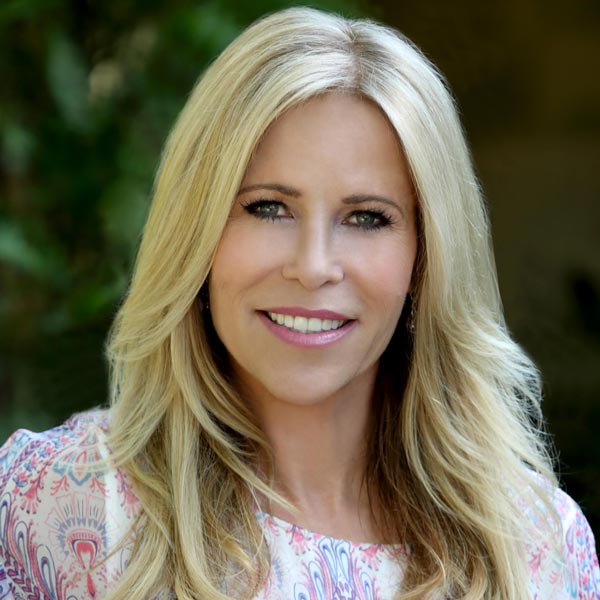The 12-Step philosophy is an essential part of long-term recovery for many people diagnosed with substance use disorder (SUD). According to the Journal of Religion, “73% of addiction treatment programs in the USA include a spirituality-based element, as embodied in the 12-step programs.” Yahlight encourages people to explore the 12-Step philosophy and the role of spirituality in recovery. The eleventh step, mediation and prayer, helps many people incorporate spirituality into their everyday lives.
What Are the Twelve Steps?
The Twelve Steps are part of a mutual aid program and self-help philosophy used to support addiction recovery. Many groups use the 12-Step philosophy, including Alcoholics Anonymous (AA) and Narcotics Anonymous (NA).
Below are the Twelve Steps according to the official Alcoholics Anonymous website:
#1. “We admitted we were powerless over alcohol — that our lives had become unmanageable.”
#2. “Came to believe that a Power greater than ourselves could restore us to sanity.”
#3. “Made a decision to turn our will and our lives over to the care of God as we understood Him.”
#4. “Made a searching and fearless moral inventory of ourselves.”
#5. “Admitted to God, to ourselves, and to another human being the exact nature of our wrongs.”
#6. “We [are] entirely ready to have God remove all these defects of character.”
#7. “Humbly asked Him to remove our shortcomings.”
#8. “Made a list of all persons we had harmed, and became willing to make amends to them all.”
#9. “Made direct amends to such people wherever possible, except when to do so would injure them or others.”
#10. “Continued to take personal inventory and when we were wrong promptly admitted it.”
#11. “Sought through prayer and meditation to improve our conscious contact with God as we understood Him, praying only for knowledge of His will for us and the power to carry that out.”
#12. “Having had a spiritual awakening as the result of these Steps, we tried to carry this message to alcoholics, and to practice these principles in all our affairs.”
Many versions of the Twelve Steps exist to accommodate the beliefs of individuals from every background. Yahlight encourages people to use step eleven as a guide for using prayer, meditation, and God’s power to support recovery.
Step 11 and Building a Healthy Foundation for Recovery
Creating a conscious connection with a higher power through meditation and prayer can help you manage the symptoms and side effects of SUD. Healing takes dedication and patience. However, spending time building a relationship with God, as you understand, increases the effectiveness of treatment and reduces the time it takes to find a healthy balance in recovery. Practicing the eleventh step allows you to grow and develop a more profound and deeper sense of self.
Many people use step 11 to do the following:
- Foster harmony with a higher power, oneself, and others
- Find guidance
- Deepen spiritual beliefs
- Cultivate self-awareness
- Grow mentally and emotionally
- Maintain sobriety through inner peace
Everyone has a unique recovery experience. You can use the eleventh step to improve your relationship with yourself, others, and God.
Do I Need to Be Religious to Benefit From Step 11?
Many people confuse spirituality with religion. However, these two concepts differ significantly. You can explore your spirituality without relying on religious dogma or beliefs. According to ISRN Psychiatry, “Religion is a multidimensional construct that includes beliefs, behaviors, rituals, and ceremonies that may be held or practiced in private or public settings, but are in some way derived from established traditions that developed over time within a community.” Spirituality, on the other hand, “includes both a search for the transcendent and the discovery of the transcendent.” Spirituality, as many have discovered, is a path to transcending from powerless to powerful. Step 11 encourages people in recovery to rely on spirituality as a form of support. You do not have to be religious to benefit from the eleventh step of the 12-Step philosophy. God can be found, and he listens and hears your prayers.
The Power of Meditation and Prayer
Meditation and prayer are powerful tools in recovery. According to Evaluation and the Health Professions, “Some researchers believe that reliance on a Higher Power may provide several direct benefits, which in turn could facilitate the recovery process.” Meditation and prayer allow people to connect with the higher power in their lives on a deeper level. You may find the combination of prayer, meditation, and evidence-based therapies helpful in communing with a higher power and engaging with your inner self.
According to Tonyah Dee, “If done consistently meditation and prayer will keep you moving forward not backward. New insights and revelations provide a sense of hope and spiritual growth. People have worked hard to get to the 11th step, mastering this step moves you forward to complete the quest of having a spiritual awakening which is the goal of the 12th step. The 11th step is the gateway to true spiritual power.”
Step 11 Encourages Greater Self-Awareness
The eleventh step encourages people to improve their self-awareness by connecting and communing with a higher power. Meditation, prayer, positive self-talk, mindfulness-based techniques, and other methods can help you relax and increase self-awareness. Without self-awareness you cannot heal yourself, because you wont know who you are and what needs to be healed. The more you delve into your inner truth, the easier it is to communicate effectively with God. You will begin to understand your unique soul and authenticity. Gaining insight and power from connecting with a higher power improves physical, psychological and spiritual health.
Finding Freedom Through a Deeper Connection With God
Step 11 is important to recovery because it provides you with a deep connection with God and gives you a fresh perspective on the following:
- Life and your place in the world
- Your own thoughts, feelings, and actions
- Power is found within
- Personal identity and life goals
- Your relationships
- The impact of daily struggles and recovery challenges
- Life’s meaning
- The effect of your choices
Yahlight encourages people in recovery to use the eleventh step to truly connect with a higher power to heal and grow.

Tonyah Dee has studied the Bible and wisdom traditions of the world for the last 30 years and teaches about finding ways to increase inner strength, stability, and confidence through practicing spiritual disciplines and healthy habits daily. Tonyah is a nutritionist, registered dietitian (R.D.), and earned her B.S. from Loma Linda University. She also holds certifications in Christ-centered life coaching, and meditation. Tonyah has been published in Scary Mommy, MSN, The Mighty, Mantra Wellness, CoveyClub, Thrive Global. Follow Tonyah on her blog, Facebook, Instagram, YouTube, LinkedIn, and Medium.

